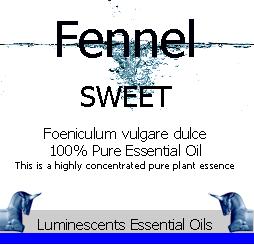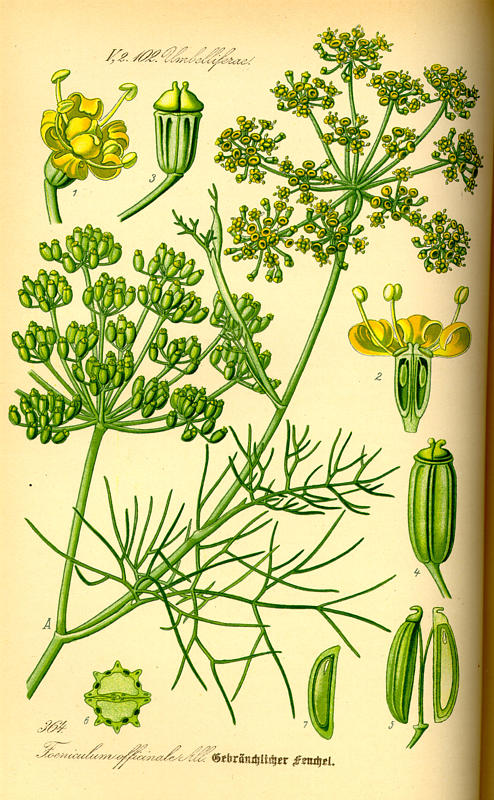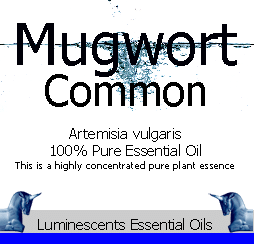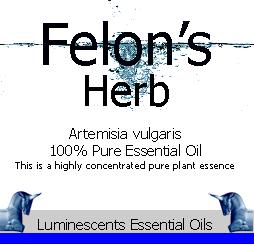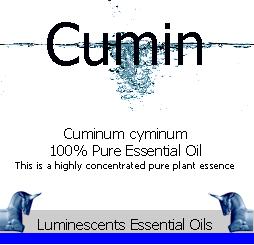Fennel Sweet Essential Oil-Foeniculum vulgare
£6.50
BOTANICAL NAME: Foeniculum vulgare dulce
SCENT: Fennel Sweet essential oil has a spicy, sweet, woody scent.
STRENGTH OF AROMA: Medium
PLANT PART USED: Seeds
EXTRACTION METHOD: Steam Distillation.
ORIGIN: France
COLOUR: Fennel Sweet essential oil has a clear to pale yellow hue
CONSISTENCY: Thin
NOTE: Top
Fennel (from which Fennel Sweet or foeniculum-vulgare dulce Essential Oil is steam distilled) is a perennial herb, native to southern Europe and the Mediterranean area. It grows up to 1.5 metres high with feathery leaves and beautiful golden yellow flowers. It belongs to the carrot family and has now been naturalised almost everywhere. It is an essential ingredient in Absinthe.
Florence Fennel or Finocchio is the plant with the bulbous basal growth that is used as a vegetable.
Reported Attributes of Fennel Sweet Essential Oil:-
Traditional and Emotional uses reportedly include:-
Fennel Sweet is credited with being an antiseptic, antispasmodic, carminative, depurative, diuretic, expectorant, laxative, stimulant, splenic, stomachic, and as a vermifuge. Aromatherapists credit it to be invigorating, restoring, stimulating, and warming.
Blends Well With:-
None Documented but we like it with all the Lavenders and Cedar.
History:-
A herb of ancient repute, believed to encourage longevity, courage and strength. The Romans valued it for its digestive properties and the Greeks believed it to be a slimming herb.
The word “fennel” comes from Middle English (fenel or fenyl) Which in turn came from Old English (fenol) and that was derived from the latin (feniculum or foeniculum) the diminutive of (fenum or faenum) meaning simply “hay”.
The common Latin word for the plant was Ferula which is now used as the genus name of a related plant (Asafoetida being a representative)
In English folklore, fennel is one of the nine plants invoked in the Pagan Anglo Saxon “Nine Herbs Charm” which was first recorded in the 10th century.
Cautions:-
May cause skin irritation in some individuals.
| Size (ml) | 100ml, 10ml, 200ml, 25ml, 2ml, 50ml, 5ml, sampler |
|---|
Related products
-
Benzoin (Sumatra) Essential Oil (Styrax benzoin) 100% Pure
£8.50 View Product This product has multiple variants. The options may be chosen on the product page -
Common Mugwort Essential Oil-Artemisia vulgaris
£10.50 View Product This product has multiple variants. The options may be chosen on the product page -
Felons Herb Essential Oil – (Artemisia vulgaris)
£10.50 View Product This product has multiple variants. The options may be chosen on the product page -
Cumin Seed Essential Oil-Cuminum cymninum
£10.50 View Product This product has multiple variants. The options may be chosen on the product page
